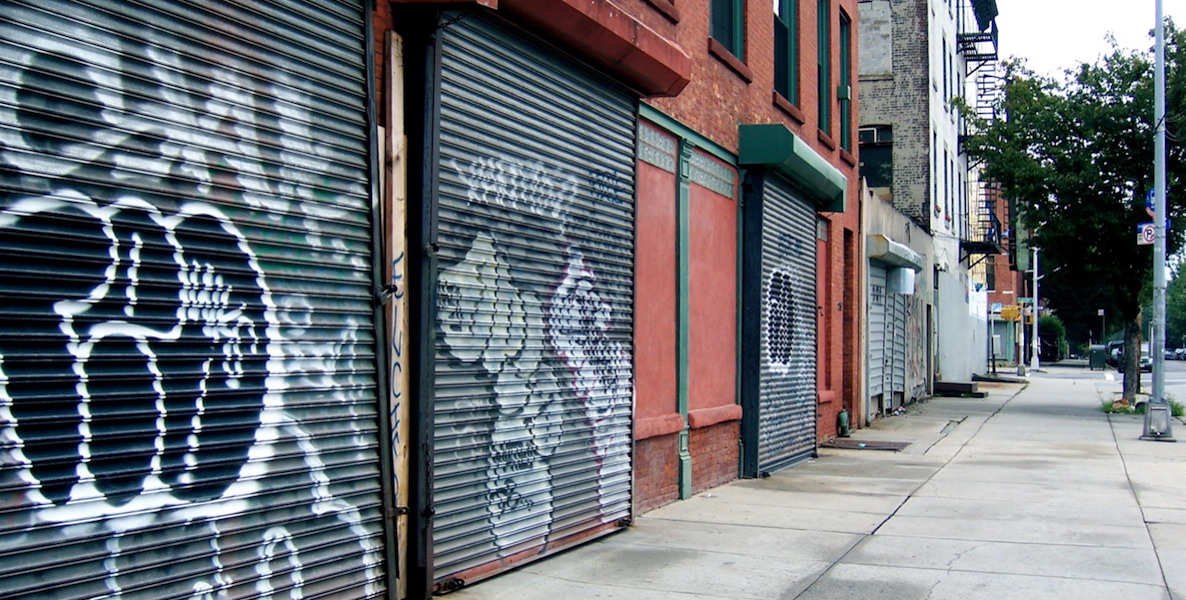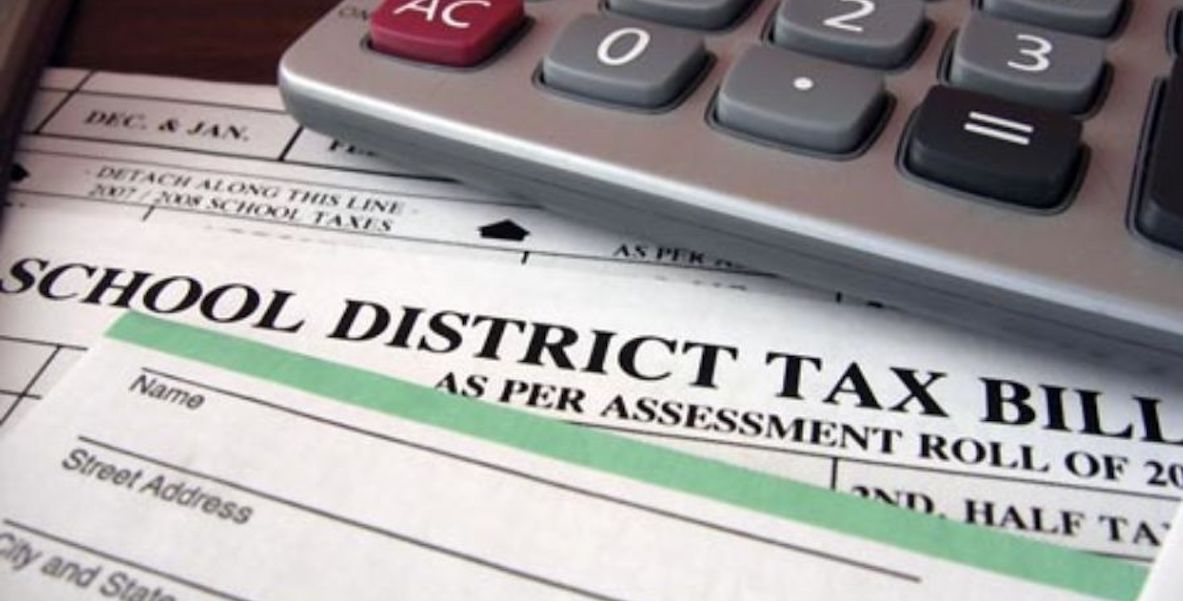Budget season in Philadelphia comes with at least one guarantee: ritual beatings of civil servants and grandstanding by City Council members. As stories about School District deficits, property tax delinquents, and a missing $33 Million make headlines, Chief Assessment Officer Michael Piper’s Office of Property Assessment has largely escaped scrutiny outside PlanPhilly.
But having received notice of a 70 percent assessment increase myself, I too have been curious: how well has OPA been fulfilling its charge to keep Philadelphia’s property tax books up to date? In brief, the picture is grim.
I started down the path of making maps to look for patterns. I noticed anomalies in my own neighborhood: 70 percent tax breaks for autobody shops, 90 percent tax breaks for vacant land prospectors, and give-backs to corporate owners and out-of-town landlords.
Each layer of this map is a different visualization of OPA assessment changes between 2018 – 2019, for example, “auto body shops in zip code 19147”.
For the sake of argument though, let’s assume that “Actual Value Initiative 2.0” gets closer to its target of accurate assessments. Industry folks measure accuracy by sales ratio, a comparison of real estate sale prices to tax assessment valuations. The majority of Philadelphia’s assessments—over 300,000—hadn’t seen a single dollar of change for 5 years prior to 2019. And, according to OPA’s assessments, 98.7 percent of properties have the exact same total market value in at least 3 out of 6 years.
What’s clear is that OPA’s executive leadership has failed to marshall its considerable resources—over $14 million for FY2019 and staff of over 200—to fulfill its mission.
In a city where housing prices have jumped nearly 50 percent since 2013, those stagnant assessments represent at least $500 million in lost revenue for schools, affordable housing, public health crises, or even tax breaks. In his testimony before City Council, Piper insisted that all OPA’s past year assessments were accurate, that OPA has re-assessed the entire city every year since AVI. How can this possibly true, when so many assessments have remained flat for so long, while housing costs have grown more than 10 percent every year?![]()
OPA opened a can of worms with AVI, driving out its inaugural Chief Assessor Richie McKeithen in the process. Assessors and negotiators spent more than 2 years digging out from appeals generated by AVI’s painful readjustment. But instead of using that opportunity to design a system for keeping assessments up to date, instead of institutionalizing an annual process for reviewing values, AVI was a 5-year kick of the can. Apparently McKeithen planned to reinvent the wheel every few years, while awaiting a magical software solution whose deadline is always a couple years over the horizon.
In a press conference, Council President Darrell Clarke said “Philadelphians are rightly alarmed by the average 11 percent increase in residential property assessments released by the administration this year.” City Council has initiated an audit of OPA to, in Clarke’s words, ensure “that OPA’s assessments are accurate and conducted uniformly.” Clarke is absolutely right to be “deeply concerned about the Office of Property Assessment’s methodologies and procedures,” but for the wrong reasons. Councilmember Curtis Jones professed “sticker shock” at his assessment having been doubled. If Clarke, Jones, and other Council members are befuddled about an 11 percent single-year bump in assessments, it’s because they haven’t been paying attention. (Incidentally, if Clarke et al were interested in reining in housing expenses, maybe it’s time to revisit policy positions that keep driving them up.)
Annual growth of 11 to 12 percent has been standard since 2013. The Council President is in for a rude awakening if he assumes an audit will find widespread over-valuations. After 5 years of sitting on its hands, Philadelphia again faced near-universal under-assessment, and OPA has set itself up again for months of appeals backlog and public backlash in 2019.![]()
What’s clear is that OPA’s executive leadership has failed to marshall its considerable resources—over $14 million for FY2019 and staff of over 200—to fulfill its mission. Between OPA not doing its job (leaving money on the table), not doing its job correctly (non-uniformity in both market and land values), not doing its job legally (the Pennsylvania Constitution generally requires property reassessment to be performed on a county-wide basis, not targeting any specific subgroup), and not doing its job transparently (OPA has not shared their appraisals nor the specifics of any formulas or algorithms), it’s time for a major shakeup.
Aaron Bauman is a software engineer living in South Philadelphia. If he’s not filing 311 tickets on twitter or pulling weeds from the community garden, he’s probably schlepping his wife and daughter around the city on their family’s tandem bike.







